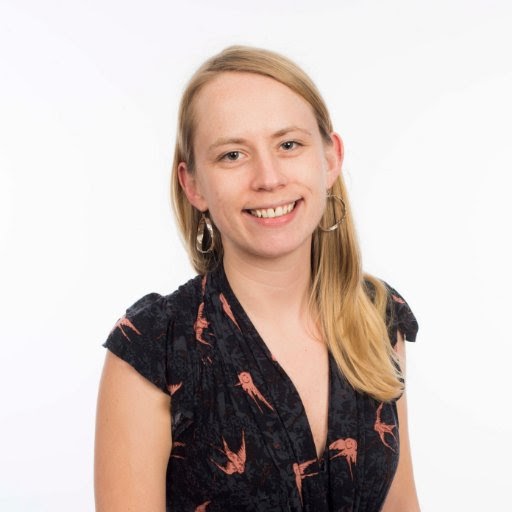Charlotte is an award-winning journalist and editor who has reported from the U.S., Europe, Africa, and the Middle East. Focusing on migration, misinformation, and investigations, she has worked with the Global Investigative Journalism Network, The Migration Newsroom at Lighthouse Reports, The New Humanitarian, and First Draft.
Why is fact-checking so important in investigative journalism?
Investigative journalists uncover evidence for facts that people – often powerful people – want to keep hidden. Every single piece of evidence must be verified, checked and checked again in order to prove the thesis of the investigation. Otherwise, any errors will be used to undermine the investigation by people who want to hide the truth.
That is why it’s important to check, and double check, even minor facts in your investigation. A small mistake can be used to cast doubt on the credibility of the investigative reporter and the publisher by people who want to undermine investigative journalism in order to protect themselves.
What are some of the main challenges you have found Arab journalists face in fact-checking during your training?
It’s hard to find reliable, public data in many countries in the Middle East, which makes the fact-checker’s job harder. Many countries lack transparent governance and strong freedom of information systems, so journalists and fact-checkers are forced to search for unofficial or third-party data sources (or collect data themselves through surveys and crowdsourcing.) Where data is partial or has limitations, fact-checkers can help the editor and reporter make that clear in the story.
What is your advice for Arab journalists in the field of fact-checking?
Start by identifying every single fact in a story that could possibly be checked. Read the story several times, print it out or read it on a different screen, and use a checklist to make sure you haven’t missed anything. It’s easy to overlook simple or well-known facts, like historical dates, but getting these wrong can be used to undermine the credibility of the whole investigation.
Are fact-checking tools enough or is it more about an applied methodology and way of thinking?
There are lots of tools out there that make the work of fact-checking faster and easier, such as verification tools and databases of useful data. But above all, fact-checking requires extraordinary attention to detail, innate skepticism to critically evaluate sources, and an obsessive love of research.








